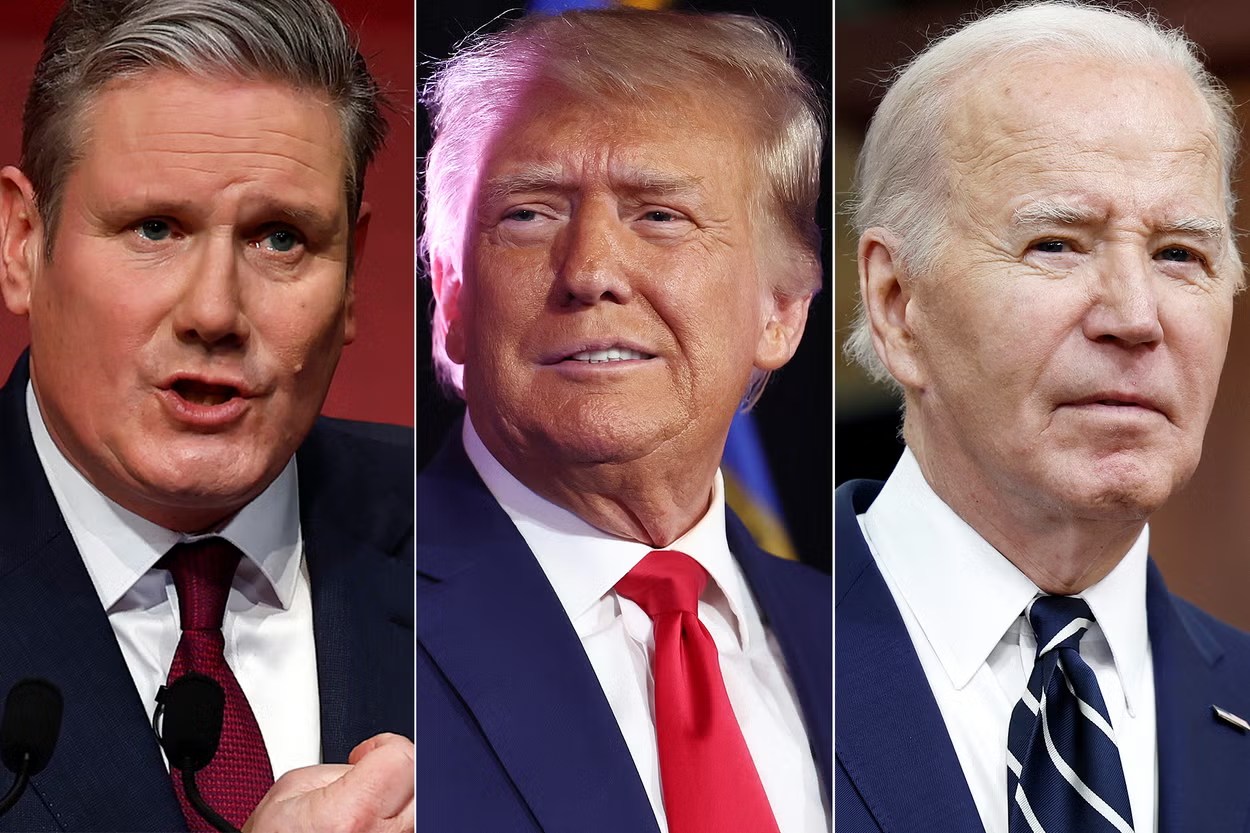The recent landslide victory of Keir Starmer in the UK general election has set the stage for a rapid transition of power, with the new Prime Minister expected to take office imminently. This swift change in leadership comes at a crucial time, as Starmer prepares to attend the NATO summit in Washington next week, marking his debut on the international stage.

Starmer’s arrival in Washington will present a unique diplomatic scenario. The newly minted British leader, fresh from a significant electoral mandate, will be meeting with US President Joe Biden, whose administration is facing increasing scrutiny over the President’s age and perceived cognitive decline. This juxtaposition highlights the potential for a shift in the dynamics of the oft-discussed “special relationship” between the United States and the United Kingdom.
The concept of the “special relationship” has long been a point of contention among political observers. While British media and politicians often emphasize its importance, the phrase carries less weight in Washington. Former BBC North America Editor Jon Sopel notes that the term has become something of an obsession for the British press, leading to overanalysis of every interaction between US and UK leaders.
Despite this, the relationship between the two countries remains crucial in several key areas, particularly national security, intelligence sharing, and defense. However, as Sopel points out, the United States ultimately acts in its own interests, a fact that has been evident in issues such as post-Brexit trade negotiations.

Looking ahead, Starmer may face significant challenges in maintaining this relationship, particularly if former President Donald Trump returns to office in 2025. The potential for a Trump presidency raises concerns about the future of NATO and support for Ukraine, issues that have been central to UK foreign policy in recent years.
Lord Cameron’s recent visit to Trump to discuss Ukraine support underscores the proactive approach the UK is taking to maintain influence regardless of who occupies the White House. This diplomatic groundwork may prove crucial if there is a change in US leadership.
As Starmer prepares for his first major international engagement, he would do well to heed the advice of former Prime Minister David Cameron, who openly acknowledged Britain’s role as the junior partner in the US-UK relationship. This realistic approach to diplomacy could serve Starmer well as he navigates the complexities of international relations in an increasingly unpredictable global landscape.
The coming months will be critical in shaping the future of UK-US relations. With the NATO summit providing an early test for Starmer’s diplomatic skills, and the looming possibility of a change in US leadership, the new Prime Minister will need to balance domestic priorities with the demands of international diplomacy. As the political landscape continues to evolve on both sides of the Atlantic, the true nature of the “special relationship” will likely be put to the test once again.
Credit: independent.co.uk



